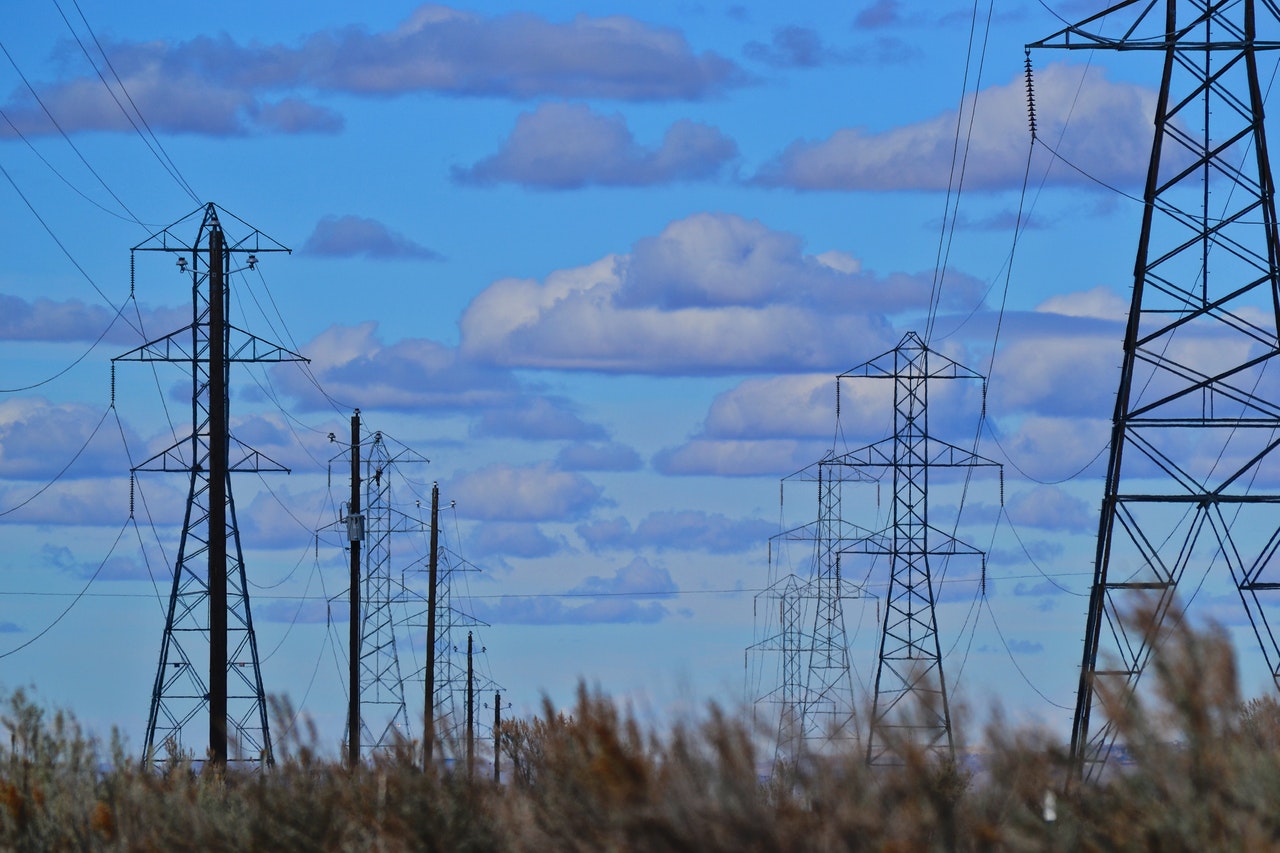
- By Content Coms
- In Thinking, Useful Stuff
Trends, themes & top intelligence: our analysis of the UK’s energy markets
Ofgem risks paralysing flexible energy
In a baffling move, UK energy market regulator Ofgem has set out a proposal which would see fixed charges applied to all final demand network users irrespective of their ability to reduce their impact on the grid through generation or flexibility, reports Energy Storage News.
The measures have been pilloried by both the renewable and decentralised energy sector as penalising those seeking to manage and reduce their electricity consumption, and could risk providers “walking away” from flexibility all together.
The news comes as part of Ofgem’s Targeted Charging Review (TCR), which seeks to remove potential distortions in the market and even out pricing transparently.
The renewables industry is hitting back, accusing the regulator of “seriously undermining” small scale projects.
“For the price of saving some consumers the equivalent of a £2 cup of coffee a year, these proposals will make it tougher to build small scale renewables and punish homes and businesses that have taken the socially and environmentally responsible decision to install renewables such as solar,” REA chief executive Nina Skorupska said.
Our view is that we cannot waste the massive opportunity that energy storage and flexibility offer the UK. We are already well down this road; penalising progress makes no sense.
OFGEM must listen to the sector and consider walking back its proposals, in order to maintain the remarkable positives the smart grid and indeed low carbon are making.
Renewables and energy storage could transform UK power demand
At the same time as Ofgem’s announcement, a new report commissioned by the Energy and Climate Intelligence Unit (ECIU) and published by consultancy New Resource Partners reveals that a smart grid based around wind and solar generation could meet half of Britain’s energy demands even during “wind and solar lulls” in the middle of winter.
Breaking the news, EDIE wrote that wind and solar power – if distributed using smart, flexible power grids – could meet around 50% of the UK’s electricity demands by 2030, at a price parity with coal, oil or gas generation.
New Resource Partners argues that government and regulators should support flexible and renewable power technologies, including through the development of more appropriate markets.
Verbatim, the paper declares: ‘It is true that the job of balancing the supply and demand of electricity becomes more complex and dynamic.
‘The keys to ensuring continued reliability with minimal cost are better use of the four flexibility mechanisms: demand shifting, storage, trade with Europe, and flexible power plants and smarter system and grid operation.’
Here at Content Coms, our view is that these contrasting stories illustrate the dilemma facing the UK. On the one hand, a detailed report proves the essential role of flexible energy, storage and low carbon power.
On the other, a decision from the regulator seems to stymie these laudable goals. Despite the fact New Resource Partners is arguing government and regulators should actually support flexible and renewable power technologies.
Our final say
These disconnects have to stop. Remodelling a flexible, smart UK grid is a big challenge, but one the sector as a whole welcomes. All the players need to walk the same road and pay heed to the intelligence being shared by top consultancies.
At stake is not only low carbon, but the very systems responsible for keeping all of our lights on sustainably into the future.

